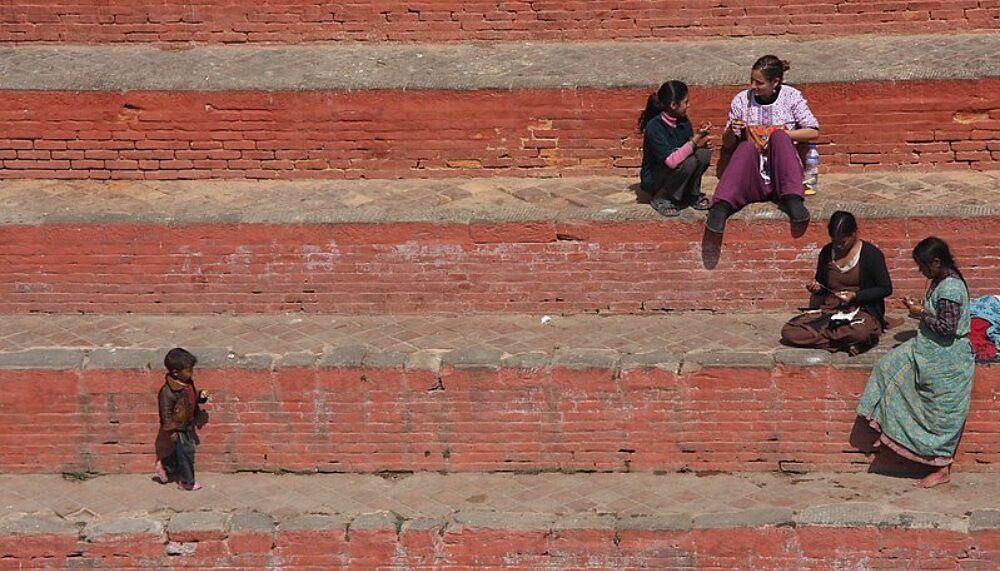FEATURE | 28 Feb 2024
Navigating transitional justice dilemmas in Nepal
Peer advice from international experts offers a way forward

The Global Learning Hub for Transitional Justice organised a peer exchange on how to improve the latest bill in Nepal’s continuing effort at dealing with the past.
How do you balance the right to truth and the right to justice? Under what conditions should perpetrators be granted amnesty, if at all? How do you sequence different mechanisms aimed at dealing with a violent past?
Nepal is currently trying to find answers to some of the difficult questions that the field of transitional justice has been wrestling with since its inception. After experiencing an armed conflict from 1996 to 2006, which claimed the lives of over 17,000 people, the country has set up transitional justice mechanisms to deal with this period of violence.
Nepal’s first transitional justice bodies, established in 2015, collected information on more than 60,000 cases, but failed to complete a single investigation as the country’s Supreme Court declared key elements of the law establishing those bodies unconstitutional. As of 2023, a new bill is under discussion, and the transitional justice community in Nepal is navigating the challenges and dilemmas involved.
About the Global Learning Hub for Transitional Justice and Reconciliation
The Hub is a network of organisations from Germany and across the world, initiated by the Berghof Foundation and the German Federal Ministry for Economic Cooperation and Development in early 2022. The Hub reflects a diversity of experiences, benefits from the respective strengths of each partner, and promotes their work.
To increase the chances of faring better this time, Nepalese civil society representatives asked the Global Learning Hub for Transitional Justice and Reconciliation members to share experiences from other attempts at dealing with the past. Together with the Nepal Dialogue Forum and Peace Brigades International, the Hub team set up a virtual exchange with over twenty transitional justice experts from around the world to discuss ways of improving Nepal’s draft bill and the prospects of its transitional justice process.
At the meeting, most experts agreed that Nepal's transitional justice architecture, as outlined in the new bill, still has significant flaws, particularly concerning the mandate of the truth commission and the approach to amnesties. Their full analysis, including recommendations on how to mitigate conflicting mandates and how an inclusive, victim-centered transitional justice process can contribute to peace and development in Nepal, can be found here.
Media contact
You can reach the press team at:
+49 (0) 177 7052758
email hidden; JavaScript is required


